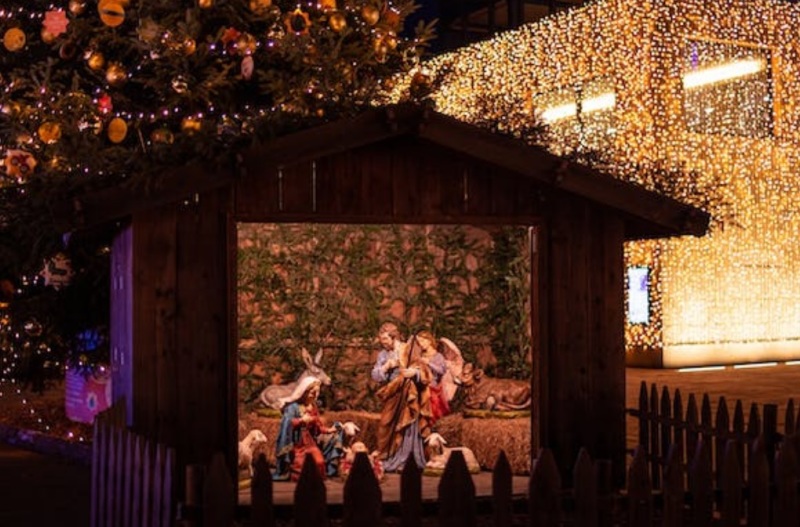
A human rights group in Mexico has filed a lawsuit to prohibit the display of nativity scenes in public places across a Yucatan city. In response, the country's bishops' conference quickly defended the visibility of the Christian symbols, saying they are part of a religious freedom exercise.
Details of the Issue
Based on a report by the Catholic News Agency, the nongovernmental organization Kanan Derechos Humanos filed a court case against the city council of Chocholá in Yucatan. The group said they demanded the banning of Nativity displays on the city streets.
The First Chamber of the Supreme Court of Justice of the Nation (SCJN) was set to study the lawsuit on Nov. 9, the news outlet said. It added that the lawsuit seeks to ban "decorative objects in allusion to the 'birth of Jesus Christ' on public property in the months of December and January."
Kanan Derechos Humanos calls itself "a group of young people who in 2019, faced with the multiple presence of social injustices, joined forces to create strategies for the promotion and defense of human rights in the Yucatan Peninsula," the CNA News article noted.
Should Kanan Derechos Humanos emerge victorious in its lawsuit, it could become a legal precedent for similar court cases in Mexico.
Rodrigo Iván Cortés, the head of the National Front for the Family, explained that if the SCJN rules in favor of the plaintiff, it could also signal the prohibition of displaying the images of the Our Lady of Guadalupe and similar religious symbols across the country.
Also Read: Pope Francis Prays for Unity, Peace Following Giorgia Meloni's Ascension as Italy's First Female PM
Right to Religious Freedom Under Fire?
In its Nov. 6 statement, Mexican Catholic bishops pleaded to the SCJN justices to carefully study the potential effect of a ruling that favors the plaintiff on Mexicans' right to religious freedom.
The bishops told SCJN members "to assess these points and think about the terrible contradictions that would be created by voting in favor on an issue of this nature."
The Mexican Bishops' Conference argued Article 18 of the Universal Declaration of Human Rights clearly states:
"Everyone has the right to freedom of thought, conscience and religion; this right includes freedom to change his religion or belief, and freedom, either alone or in community with others and in public or private, to manifest his religion or belief in teaching, practice, worship and observance."
The bishops said this right to exercise and express religious freedom covers public and private spaces.
They argued that Mexico, being a "Secular State," should protect such rights. They also said the state must facilitate "the freedom to believe or not believe, even to change one's creed or fundamental choices."
"The Secular State cannot be understood as the absence, the false neutrality toward religion. The elimination of any religious sign already supposes the affirmation 'of unbelief.' This position has been shaping the 'secularist' tendency, increasingly extended in the modern world," CNA News quoted the Mexican bishops saying.
They also blasted Mexico's "extremely intolerant political current" during the first 50 years of the previous century. Such intolerance, the bishops said, "wanted to prohibit the exercise, not only public, but also private, of religious freedom, as well as worship."
Related Article: Evangelical Pastors Discuss Ways To 'Mend' Failings of Evangelicalism

















